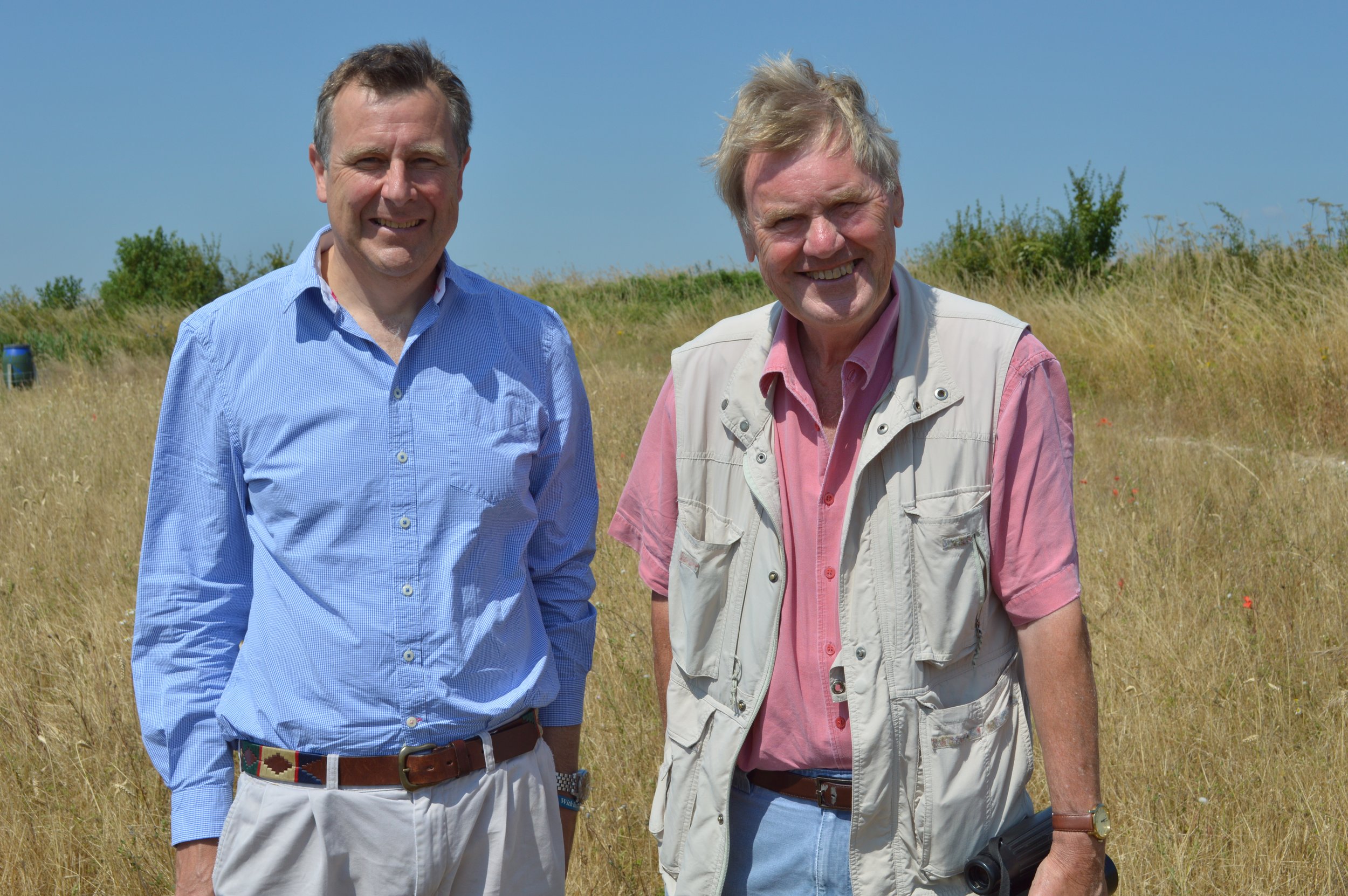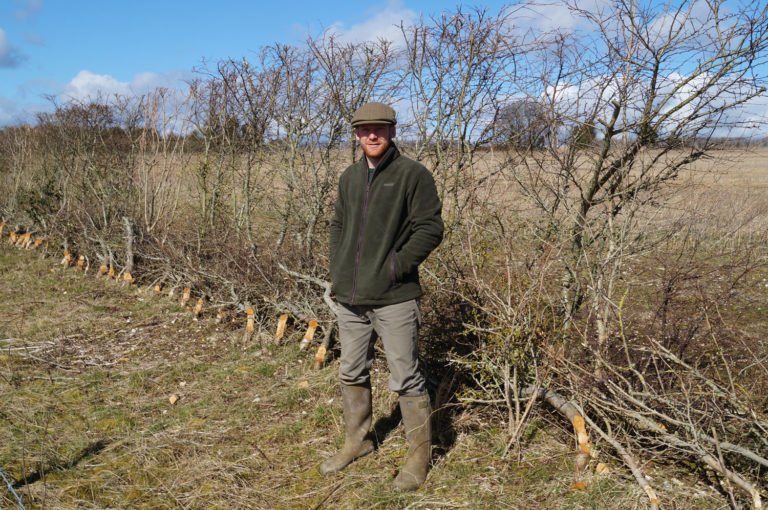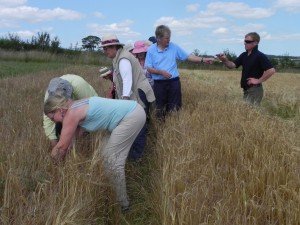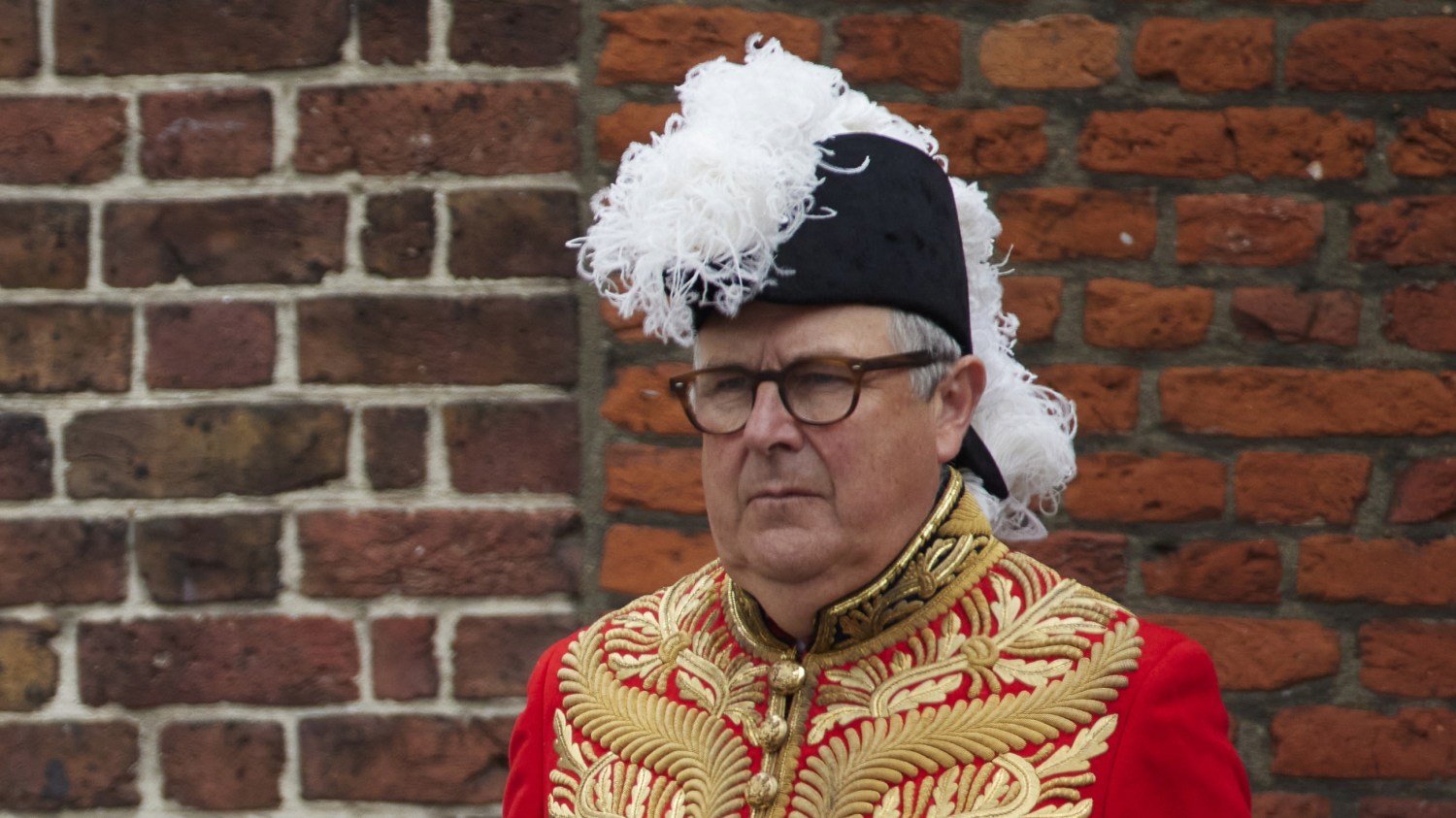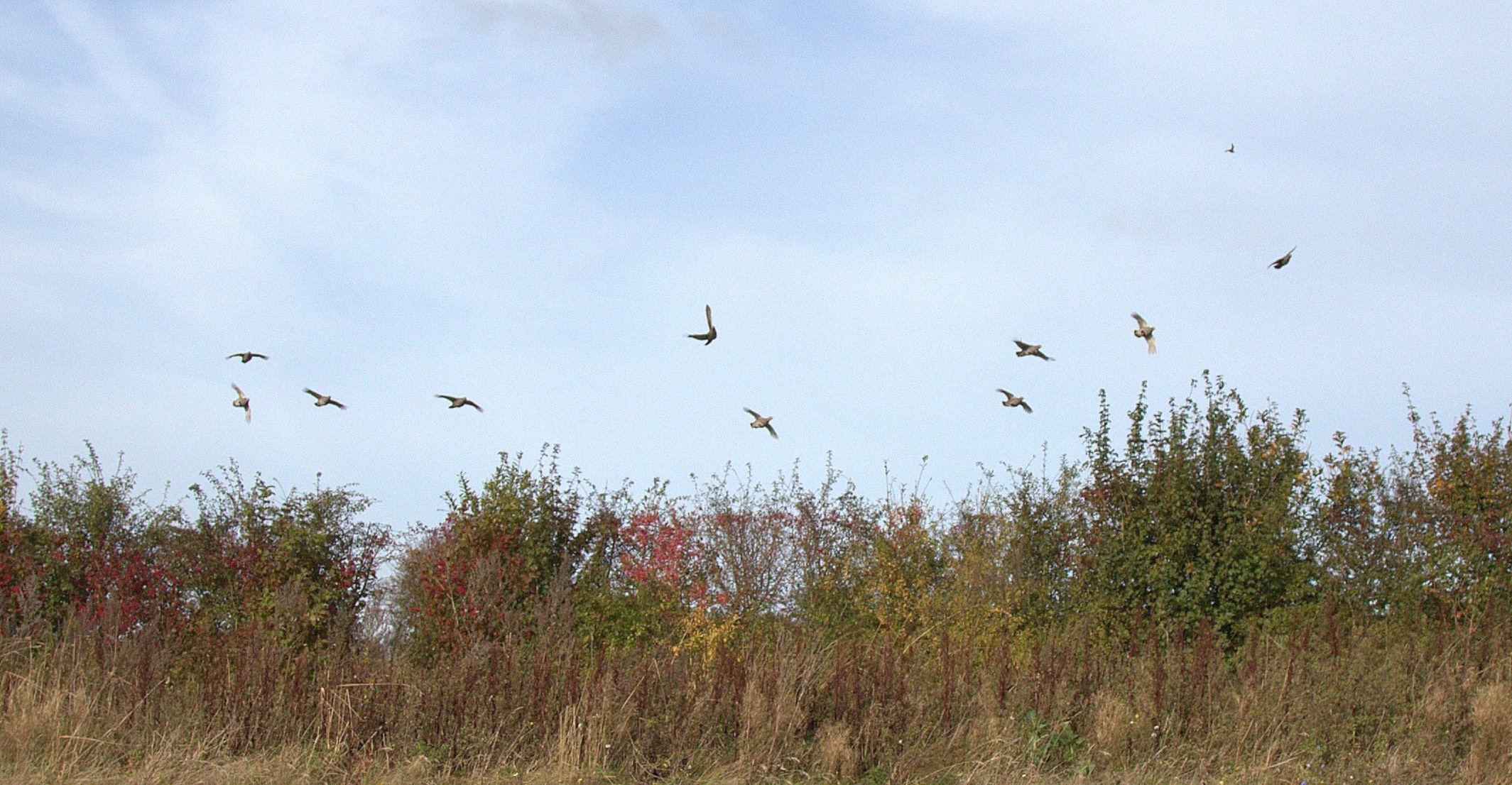
RESTORING BIODIVERSITY
Global warming is not the only problem.
Halting species loss is just as important. Britain has recently been recognised as the worst performer for halting nature loss of all G10 countries.
The 2019 UK State of Nature Report concluded 41% of all species are still in decline, and 15% are now threatened with extinction.
The Peppering Biodiversity Project was initially set up to save the wild Grey Partridge from local extinction on the South Downs. This has been achieved but it has also shown how shooting and conservation can work together to improve biodiversity generally.
News about the Peppering Project
The Return of the Grey Partridge: Restoring Nature on the South Downs
“It’s a very good read and charts a remarkable rise in Grey Partridge numbers, secured through habitat improvement and intensive...predator control”
The Return of the Grey Partridge tells the extraordinary story of how wildlife is restored to the Arundel Estate in West Sussex. Prompted by the collapse in numbers of one species, the grey partridge of the title, the managers of the estate woke up to the devastating effect modern farming methods were having on wildlife.
Following the estate through the seasons of one year, the book shows how the farm of Peppering is gradually renatured: fields are divided up with hedgerows and trees, beetle banks are built across fields, the land is manured rather than fed with artificial fertilisers, and much of it is returned to pasture. Detailed descriptions of nature give a sense of this large estate coming back to life - still very much farmland, but with a rapid increase in wildlife and biodiversity. And the partridges return.
Written in collaboration with the Duke of Norfolk, owner of the Arundel Estate, this moving and hopeful account shows how modern farming can work in partnership with nature to restore not only birdlife but to benefit the whole ecosystem.





